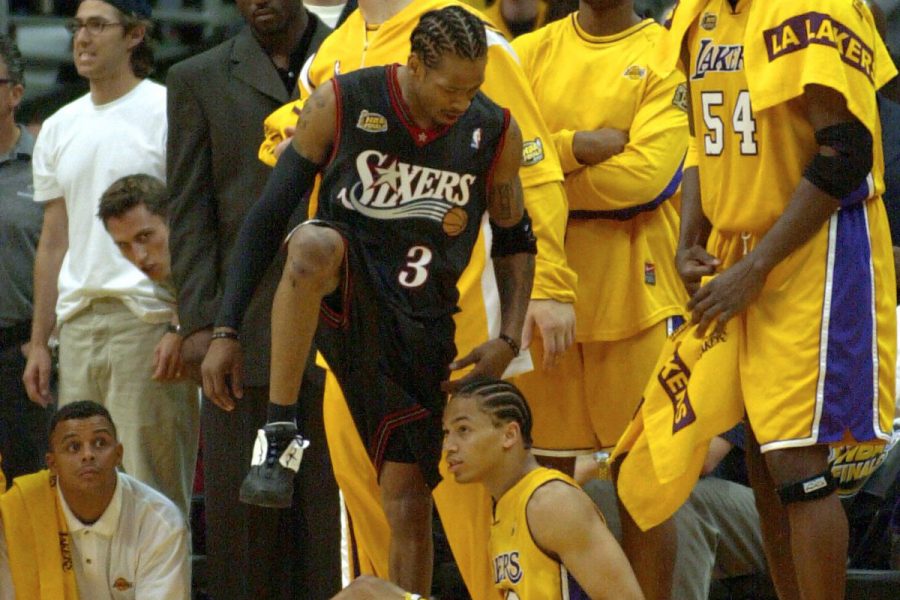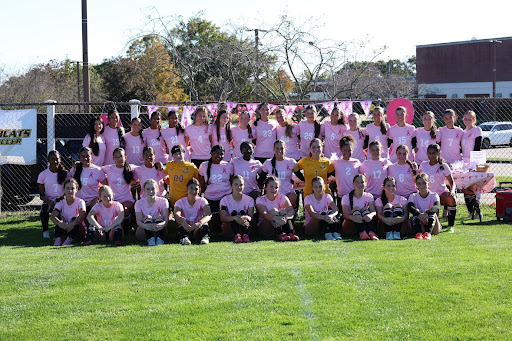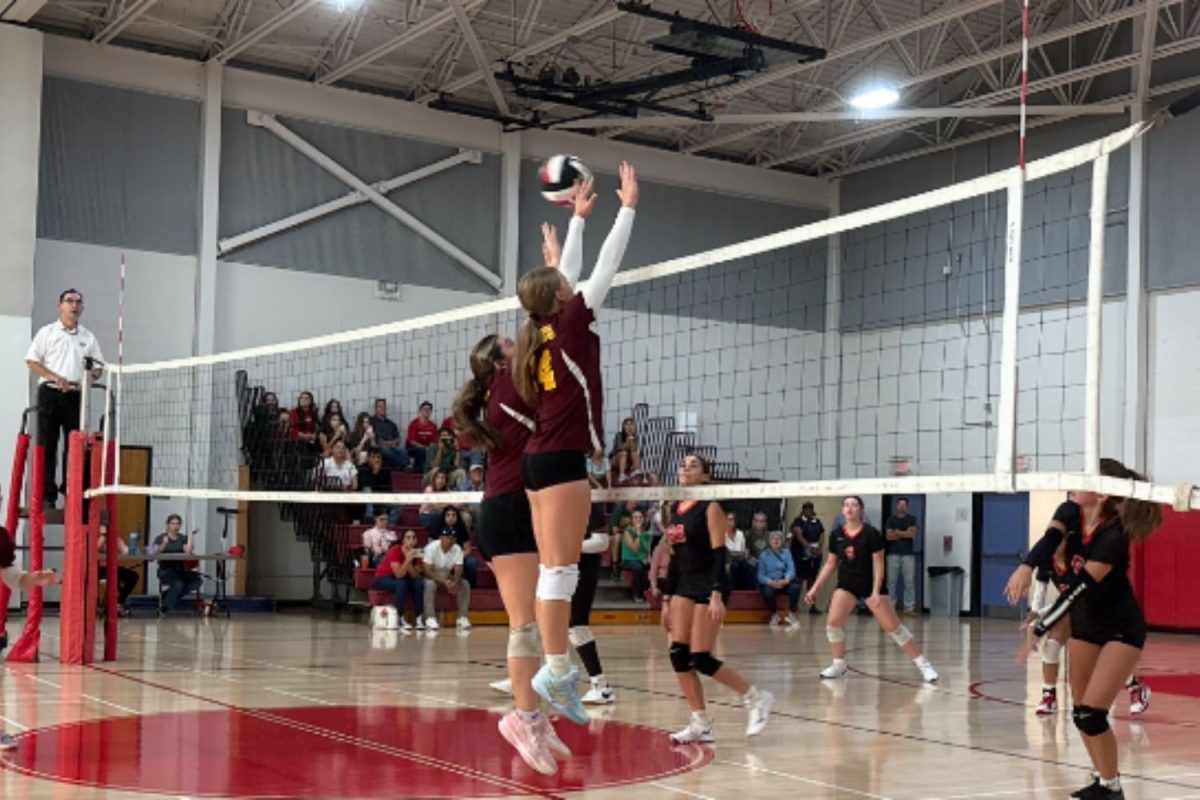Who is the Most Influential NBA Player Ever?
INQ LODRIGUSS
SIXR JUNE 6, 2001 — NBA FINALS GAME 1 –76ERS AT LAKERS –Sixers Allen Iverson steps over a Tyronn Lue, who fell attempting to guard Iverson, after draining a three point shot from the corner to put the Sixers up 103-99 with 39.2 seconds left. Iverson hit two three pointers in the closing minutes of overtime and scored 48 points in leading the Sixers to a 107-101 upset victory. PHOTO BY JERRY LODRIGUSS
April 4, 2018
ESPN recently put together a list of the top 100 most influential NBA players of all time. The list of players “who have done the most to change the way we play the game, how we talk about the game, and the culture of basketball,” was created based on votes from various ESPN NBA personalities.
The majority of names in the top 10 were obvious – MJ, LeBron, Stephen Curry, Magic Johnson, etc. Virtually none of the rankings were neither incredibly baffling nor downright ridiculous.
That is, except for one:
“13. Allen Iverson”
The fact that this group of NBA TV and radio personalities, writers and editors placed Iverson outside of the top 3, let alone the top 10, is nothing but offensive and severely discredits the heavy influence Allen Iverson has had on the game of basketball.
These rankings are based on influence both on and off the court and Iverson’s impact in both areas should be obvious to anyone is a fan of basketball.
Just as every youth basketball player nowadays wants to pull up several feet behind the three point line like Stephen Curry, every kid in the early-mid 2000’s wanted to be able to do AI’s signature Iverson crossover.
Even “The Professor”, an internationally famous street ball player who many consider to be the best ball handler in the world has talked about how he always tried to do the Iverson crossover because of how popular it was when he was a kid.
These words from The Professor also show how Iverson brought the AND1 streetball culture to the NBA. Sure, there were great ball handlers before him, but AI is the player who made flashy dribble moves a popular thing.
Iverson’s incredible ball handling is just one of the reasons why he is widely considered, pound-for-pound the greatest basketball player of all time. The confidence and swagger he played with was unlike anything we’ve seen before.
One could argue that Iverson was the first “small” player who could single handily take over games. Just look at the team he took to the 2001 NBA Finals. Iverson was forced to take on Shaq and Kobe with a supporting cast that was virtually non-existent. The 76ers only win in the series was mostly thanks to AI’s 48 point performance.
The “killers” at the point guard position today – Kyrie, Damian Lillard, Kemba Walker, etc. – all exhibit confidence, swag and fearlessness. AI was the first player of his stature to display these qualities at a high level.
Speaking about Iverson, Chris Paul said, “I just loved the grit that he played with. He always played with a chip on his shoulder. I feel like I sort of do the same.”
Even with this all in mind, it wouldn’t be so crazy to say that Iverson’s cultural impact is even larger than his impact on the court.
The hip hop and rap culture heavily associated with the NBA today was introduced to the league by Allen Iverson. The cornrows? The tattoos? In-game accessories? “Thuggish” dress?
All thanks to Iverson.
LeBron James even said in an Instagram post after AI got his jersey retired that Iverson is “the reason why [James] got tattoos, wore a headband and arm sleeve.”
Because of AI, so many people in the basketball world during the early-mid 2000’s, ranging from kids to players, wore cornrows, jewelry and the baggy clothing that AI wore as opposed to more “professional” attire.
Allen Iverson influenced the off-court dress of NBA players so much that during the 2005-06 season, commissioner David Stern issued what some called the “AI rule” which was a mandatory dress code. It was considered by many as a direct response to Iverson.
The rap culture Iverson brought to the NBA was something that the league had never seen at the time. Thanks to Iverson, the association between the rap game and basketball is incredibly strong.
From Drake’s partnership with the Toronto Raptors to ESPN using the the hottest rap songs in their NBA promos to the most popular rappers referencing the best NBA players in their songs, the overlap between hip hop culture and basketball is clear.
The source of all of this is one person and that is Allen Iverson.
It is obvious how influential of a player Allen Iverson was. He has had a tremendous impact on the game of basketball itself and the culture surrounding it.
As SWHS History teacher Mark D’Amato said, “he was the Steph Curry of the early-mid 2000’s with a greater cultural impact on and off the court.”
Iverson was simply a one-of-a-kind player. Both his unique confidence and tenacity as a player and his social influence on the game have been recognized time and time again by the entire basketball world.
AI once said, “I don’t wanna be Jordan, I don’t wanna be Bird or Isaiah, I don’t wanna be any of those guys. I wanna look in the mirror and say I did it my way.”
And he did just that.












Mr. Mabey • Apr 6, 2018 at 8:08 am
AI should feel a great sense of gratitude to be mentioned in the top 25 let alone peeking at the top 10 from his lofty 13 spot. My major recollections of AI were that he was saved by John Thompson who secured his spot at Georgetown as opposed to prison for beating a man close to death at a bowling alley with some of his close friends, didn’t think he needed to practice, some guns/drug charges and yes he was a pretty dynamic player. I don’t think AI was one of the most influential players ever because a good chunk of his influence was negative – he clearly was a very talented basketball player who feared no one on the court but come on – the NBA could’ve done without his significant off the court troubles and reluctance to hone his game by putting in hard work (practice) like the rest of the the top 25 did on a regular basis. If this is just some contest about who had a bigger impact on our culture, why bring the NBA into it at all. Let’s just say AI was a cultural icon who made being a “bad boy” kinda cool for some. As far as his playing ability – no one can deny that but I think his negatives tarnish any positive impact he may have had on the game. Also these troubles continued after his playing career ended. Steve Nash, Charles Barkley, Hakeem Olajuwon, Shaq, Elgin Baylor and Tim Duncan all are ranked somewhere between 14-25 and all of them belong ahead of AI in my book.
Mr. Zeuschner • Apr 5, 2018 at 1:38 pm
The only generational bias present is provided by the author of the previous post. So blinded by the experiences of his formative years he cannot rationally examine the topic. AI “taking” a team to the finals belittles the contributions of every player, coach, trainer and member of that organization. To say a team had “no business” being in the finals denigrates the concept of team. Of course there are leaders and stars, but last time I checked basketball is a team sport.
Is this author seriously comparing the impact of instituting a dress code to that of widening the lane or the three point arc? It’s difficult to respond to an argument when its maker is wearing blinders, but when, and if, the author of the reply looks at the issue without his generational bias, he will see that AI, while great, is properly slotted at number 13.
Mr. D • Apr 5, 2018 at 1:17 pm
I believe we have a case here of “generation bias”. I recall a discussion with a local Social Studies teacher in which the topics included the impact players such as Wilt Chamberlain and Larry Bird had on the league. These two were mentioned in higher regard as opposed to others due to their profound impact regarding rule changes to the game of basketball. Chamberlain pertains to the widening of the lane and offensive goal tending. Bird pertains to the three point shot. Therefore, I’m confused as to why Allen Iverson is being relegated to a second rate pioneer in terms of his impact on and off the court. The point in question is whether Mr. Iverson is the most “influential” basketball player of all time. To ignore Mr. Iverson’s contributions to changing the culture and norms of the NBA is doing a disservice to who he was as a trail blazer. He is overwhelmingly responsible for the league implementing a dress code in 2005. That, in this context, constitutes as a player being responsible for creating a rule change for the league. This is similar to that of the rule change pertaining to actual game play (See Chamberlain and Bird). In addition, let’s also consider the dress code change alongside his on the court play (1 MVP, 1 NBA Finals, 11 All Star Games and 4 Scoring Titles). When considering this criteria together, it’s a joke this is even a debate. Furthermore, one check of the 2000-2001 Philadelphia 76ers roster that Mr. Iverson took to the NBA Finals and its a wonder he doesn’t have his own statue outside Independence Hall. No team has any business being in the NBA Finals with a starting lineup that includes Tyrone Hill, George Lynch and Eric Snow. Yet, Mr. Iverson went one further and not only brought that group of vagabonds to the Finals but also beat the Kobe and Shaq Lakers one game. To conclude, the author even shows evidence that LeBron James was inspired by Allen Iverson on multiple fronts. Mr. Iverson is undeniably a top 5 most influential player in NBA history and depending on perspective, a top 3 as well. Let’s remember, “We’re talking about practice. Not a game, not a game, not a game. We’re talking about practice.” I agree AI. We’re talking about the practice of denying you a top 3 spot as one of the most influential players in NBA history. That’s the real game in town.
Mr. Zeuschner • Apr 5, 2018 at 10:19 am
Amir,
A well-written article but I refer you to an ESPN article written by Chris Broussard in 2005:
“Thing is, while MJ is held up as the NBA’s antihip-hop icon, the league’s ties to the culture are rooted in him. He was the first pro to abandon the short shorts, and his Nike ads with Mars Blackmon were hip-hop way before Iverson traded rhymes with Jadakiss. It’s exactly 20 years since the Air Jordans were released and almost banned by the NBA for color violations
By the time AI entered the league 11 years later, hip-hop was the established music of choice for young America. So when he rebelled against league standards–sporting cornrows, shunning suits and ties and rockin’ a skullie at the Rookie of the Year presentation–a cultural icon of sorts was born. Today guys in the first post-Iverson generation, such as All-Star Amare Stoudemire, literally have no other frame of reference, on or off the court.”
Well said Mr. Broussard!
Amir, the biggest flaw in your position is who does AI kick out of the top 3? MJ? LeBron? Magic? Not in a universe where reason comes before emotion. I have looked at the top 10 from the ESPN list many times and do have some issues with their rankings, but there is no one until number 10 (Curry) that I would even consider removing for AI. I would venture that when all is said and done, Curry may even rank a couple of spots higher than he is now.
No one can argue the importance of AI to the game. He created a legacy that has let sports fans argue about his place in NBA history.
Lists like this one are fun precisely because they have a subjective element. We are splitting hairs when we take the many NBA players from the past to the present and rank them according to standards that are also subjectively defined. While we may never agree, it’s fun for both us to know the other is wrong!